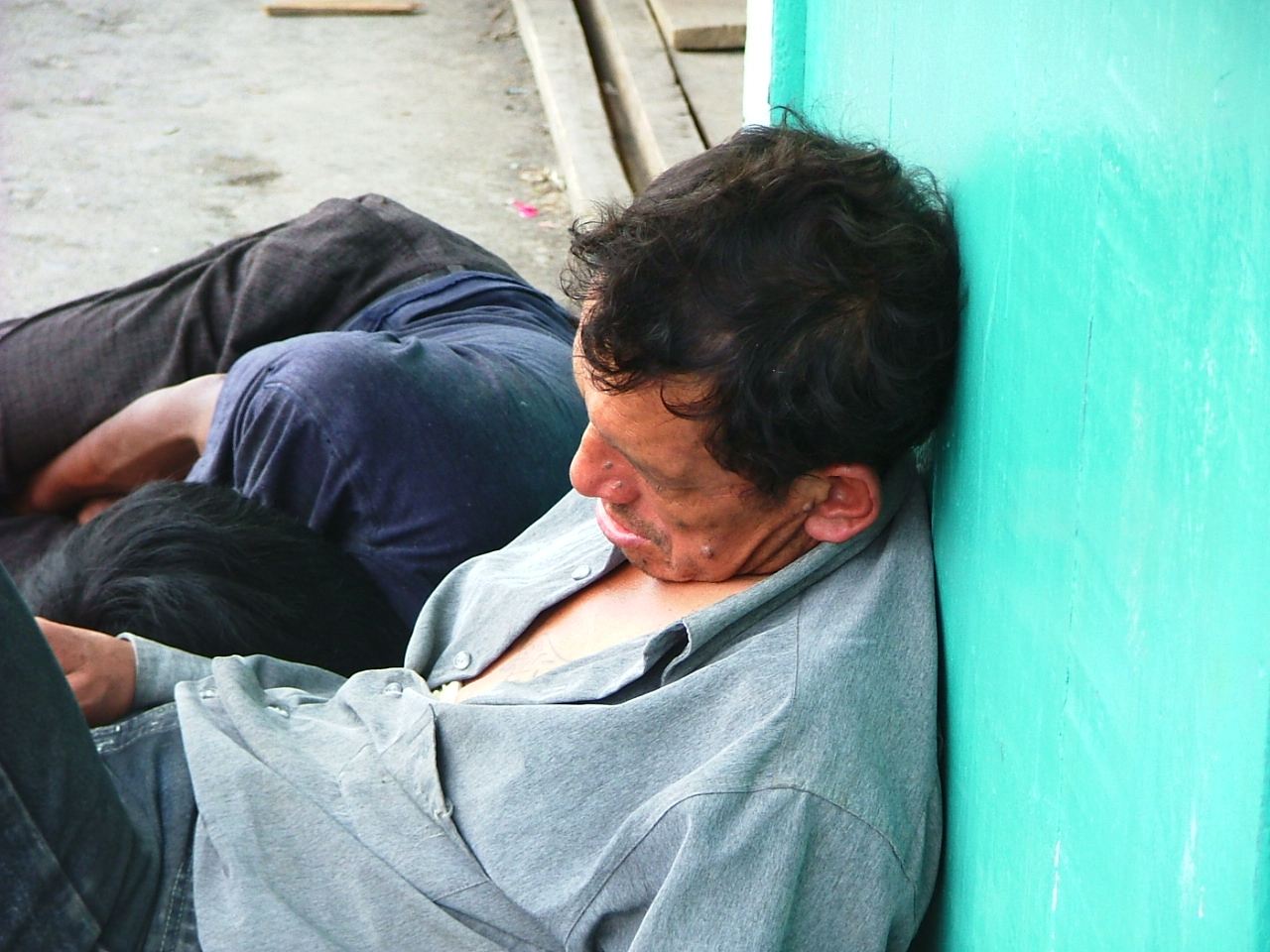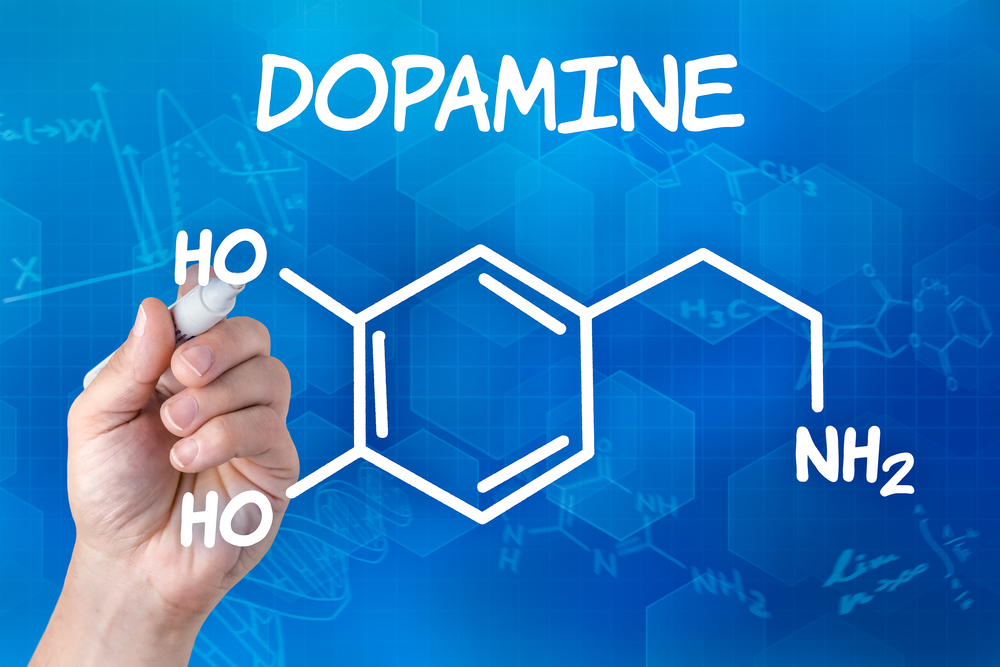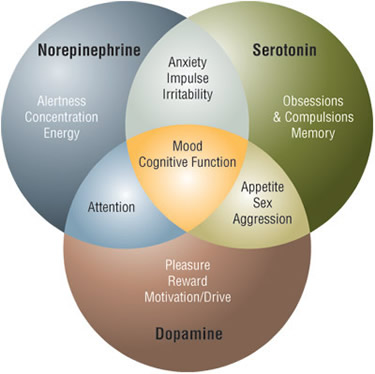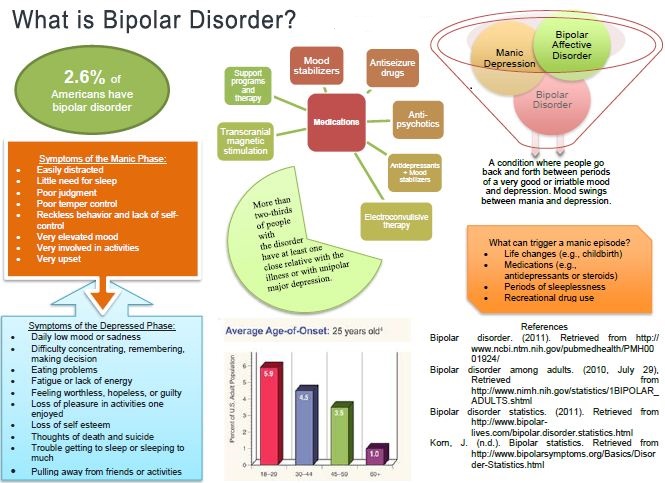Mindfulness cognitive therapy
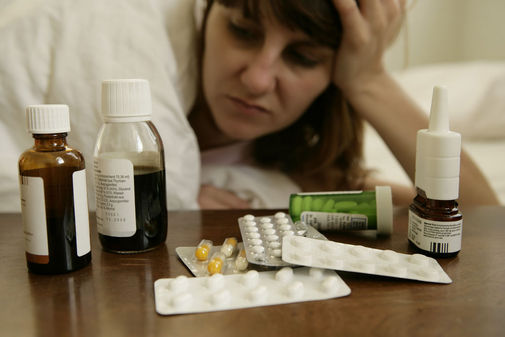
Mindfulness cognitive therapy effectiveness in fighting substance abuse for the restoration of a better healthier lifestyle
Mindfulness cognitive therapy: Breathing exercise and meditation
Life in drug addiction is one that is loaded with serious health complications. Such may include mental health disorders and destruction of vital body organs. To help solve this problem, mindfulness cognitive therapy (MCT) also known as mindfulness based cognitive therapy (MBCT) was designed specifically to help those prone to recurring depression which is a serious cause of mental health disorder. According to the experts from AWAREmed Health and Wellness Resource Center under the able leadership of doctor Dalal Akoury MD, and for the effectiveness of this treatment approach doctor Akoury registers that MBCT combines mindfulness techniques such as meditation, stretching and breathing exercises with elements of cognitive therapy that help break negative thought patterns. Therefore if you are struggling with consistent depression, this therapy can be very helpful for you. Further to that this is also essential for the treatment of other mental health related issues like:
- Addiction
- Anxiety disorders
- Bipolar disorders
- Chronic fatigue syndrome
- Insomnia
- Obsessive compulsive disorder
Looking at the complications mentioned above, they are very dangerous to be allowed to stay in an individual’s life even for one minute. Experts from AWAREmed Health and Wellness Resource Center will upon scheduling for an appointment with doctor Akoury help you professionally to restore your health and life back to meaningful productivity.
Mindfulness cognitive therapy: The origin of mindfulness
The concept behind mindfulness originated in the Buddhist religion, where it was considered to be of ‘great importance’ in the path of enlightenment. Rather than believing in a personal God, Buddhists follow the teachings of Siddhartha Gautama, with the goal of reaching a state of enlightenment. The practice and development of morality, meditation and wisdom are thought by Buddhists to lead to the path of enlightenment. And away from the origin it will interest you to note that in the recent years, mindfulness techniques have gained steam in the counselling world after a string of clinical studies supported its effectiveness. GPs and counsellors are learning more about mindfulness and in many situations it is not only recommended, but also prescribed to those who could benefit. Just to alleviate any fear of its application. National Institute for Clinical Excellence (NICE) has also clinically approved MBCT as a ‘treatment of choice’ for those with recurrent depression.
Mindfulness cognitive therapy: Benefits of mindfulness
From the professional point of view, doctor Akoury registers that the primary objective of mindfulness is to help individuals do the following:
- Enhance creativity
- Feel more balanced at work and at home.
- Recognize, slow down or even stop negative, habitual reactions
- Respond more effectively to situations
- See situations with more clarity
According to the Mental Health Foundation, while studying the effectiveness of MBSR the following benefits were found to be outstanding:
- Better quality of sleep
- Fewer negative feelings, including tension, anger and depression
- Fewer visits to the doctors
- Improvements in physical conditions such as chronic fatigue syndrome and psoriasis.
- Increase in disease-fighting antibodies
- It reduces anxiety essentially to the tune of 70%
- Ongoing reduction in anxiety after taking MBSR course
Finally, it will further interest you to note that the available confirmations and evidences has been so strong that more and more of GPs are now feeling that this should be applied to all patients because they would certainly benefit by learning mindfulness meditation.
Mindfulness cognitive therapy: Breathing exercise and meditation
http://regenerativepotential.com/wp-admin

